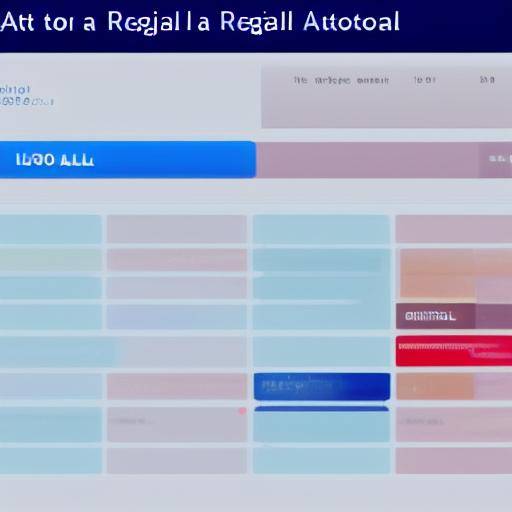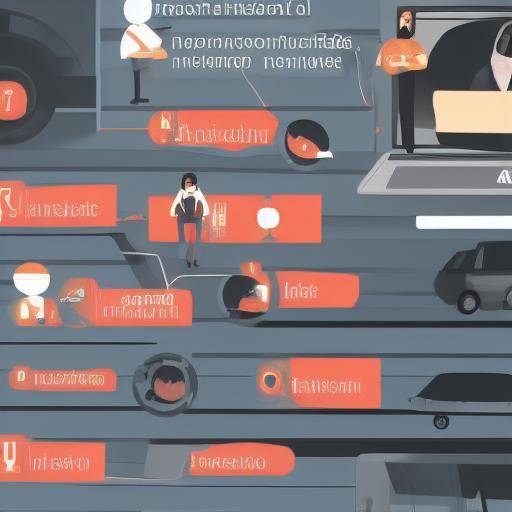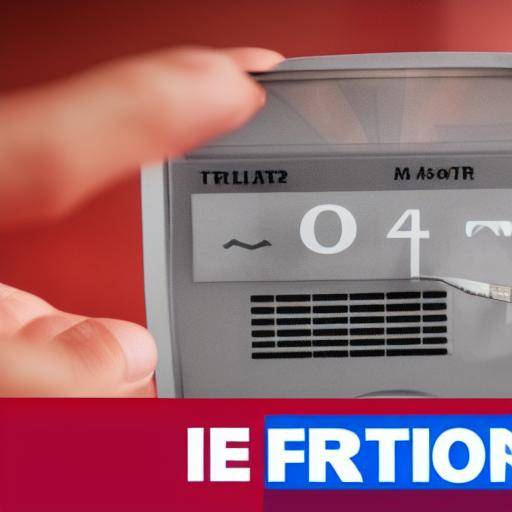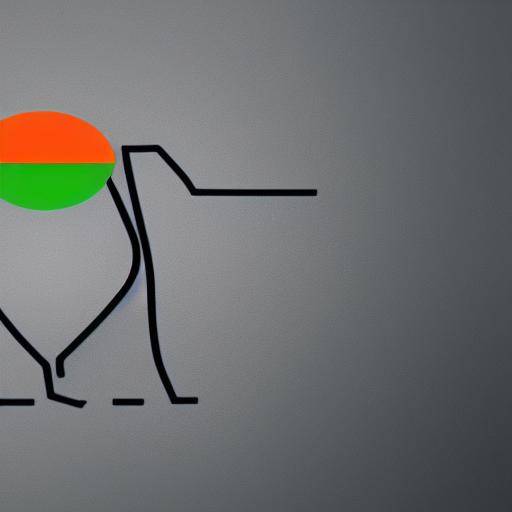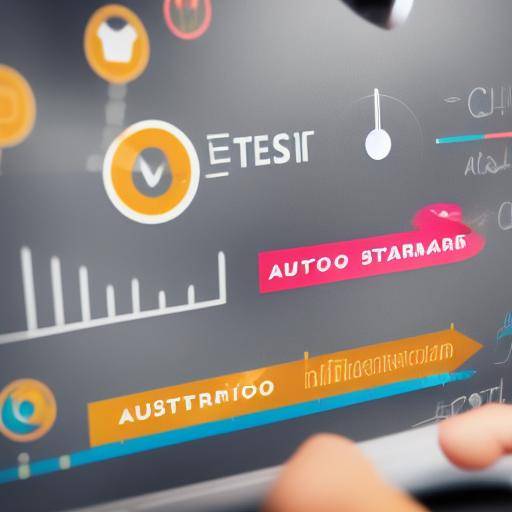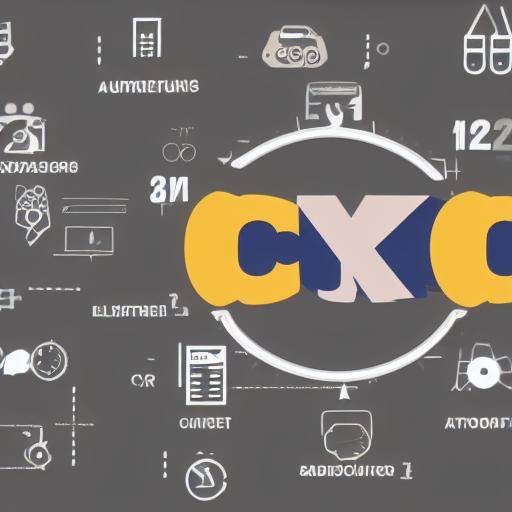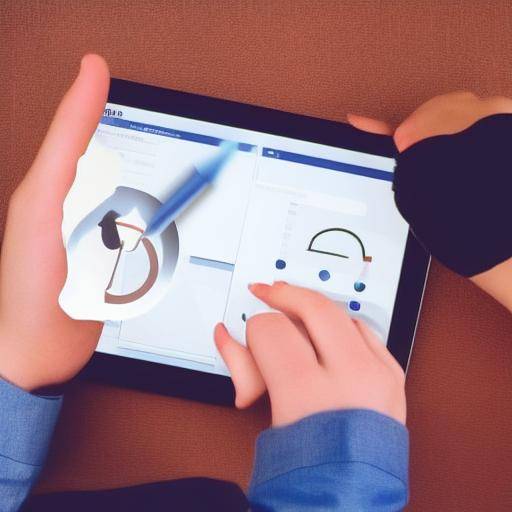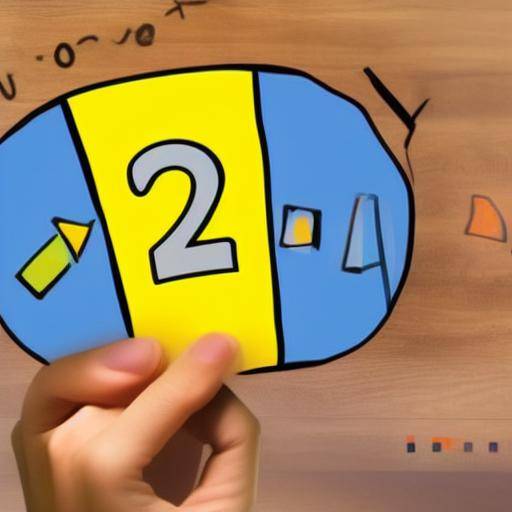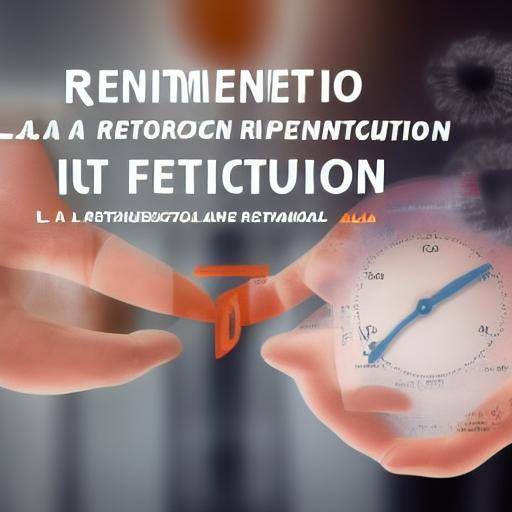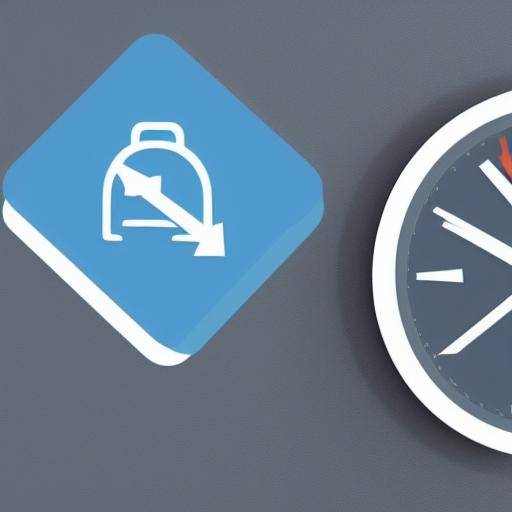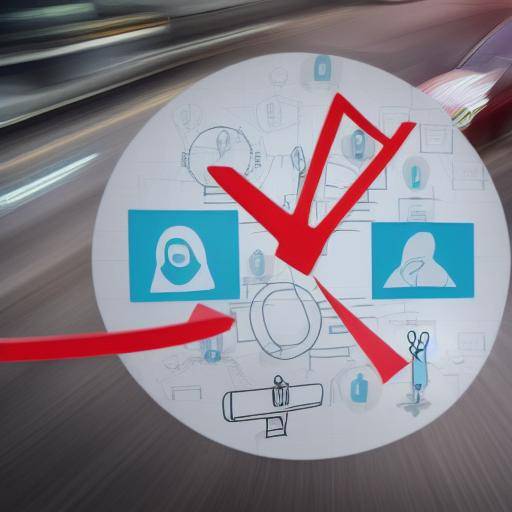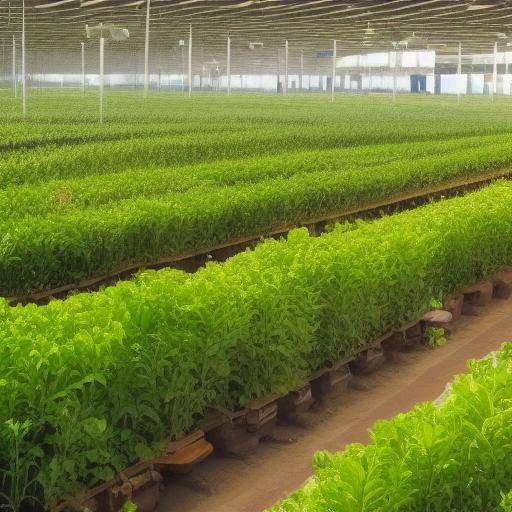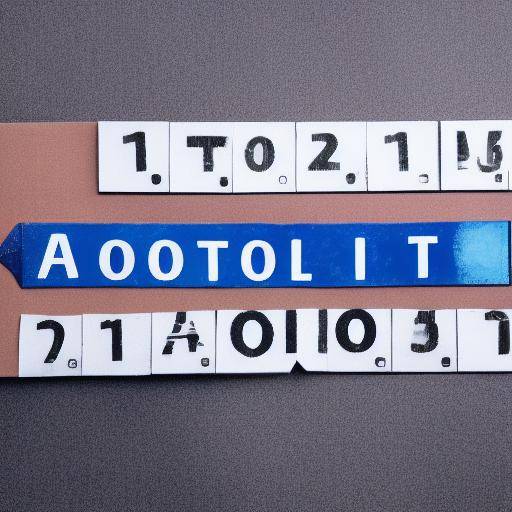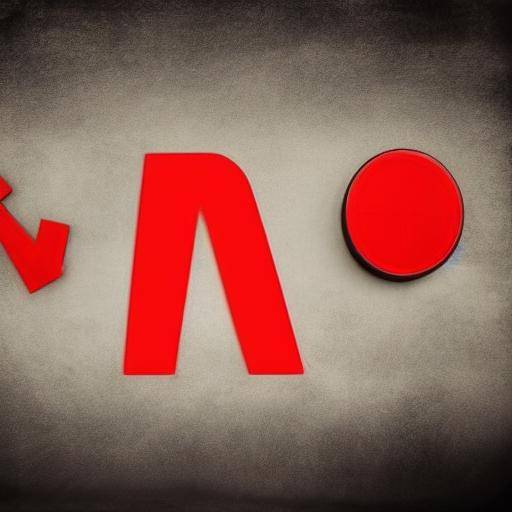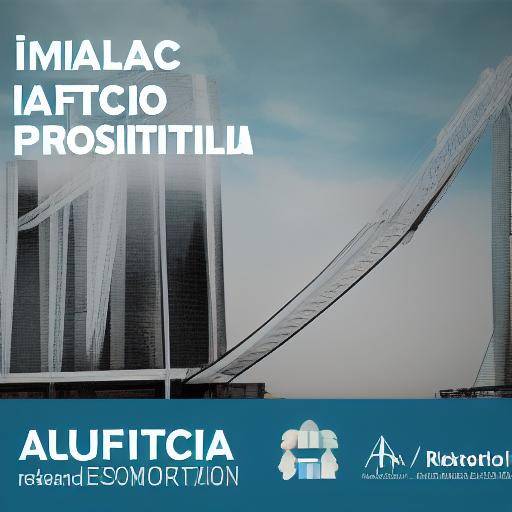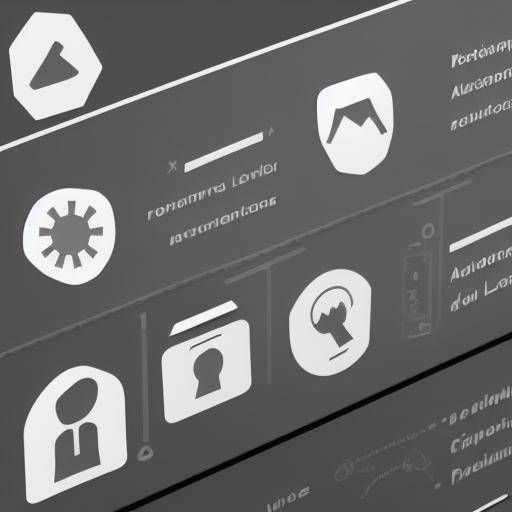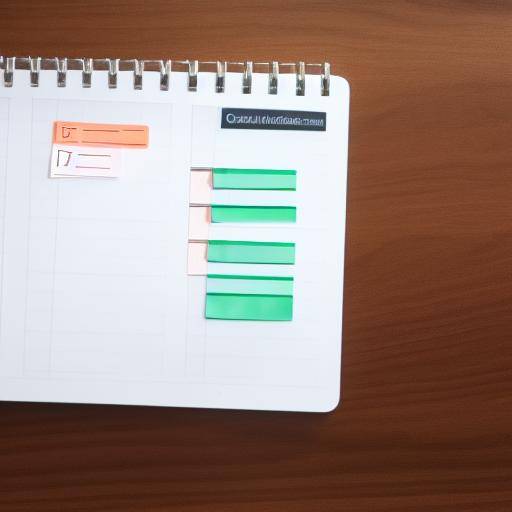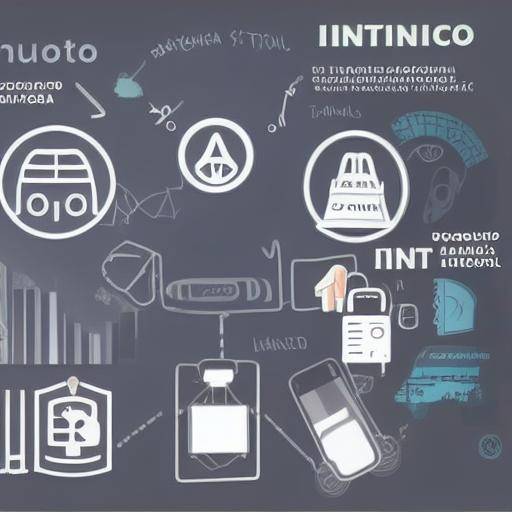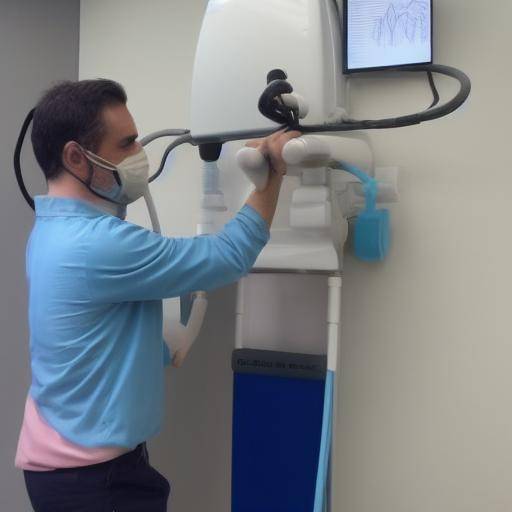
Self-knowledge and ability to overcome adversities are fundamental skills in life. Self-assessment is a tool that allows us to understand our strengths and areas of improvement, while resilience enables us to face challenges with determination. In this article, we will explore how self-evaluation impacts resilience and continuous improvement, offering in-depth analysis, practical advice and expert perspectives.
Introduction
Self-assessment is an introspective process that allows us to understand our characteristics, skills and areas of development. On the other hand, resilience is the ability to face adversity, adapt to changing situations and recover from challenging experiences. Both concepts are closely linked, as self-assessment gives us the opportunity to identify our coping capacities and develop strategies to strengthen our resilience. In this article, we will explore how conscious self-assessment can significantly impact coping and adaptation capacity, as well as the constant search for personal and professional improvement.
History and Background
Origins and Evolution of Self-Assessment and Resilience
The concept of self-assessment has its roots in ancient philosophy, where personal reflection and the search for truth were fundamental. Throughout history, various philosophical and psychological currents have addressed the importance of self-knowledge, from Greek philosophers to contemporary theories of cognitive psychology. In parallel, resilience has been studied in fields such as psychology, sociology and neuroscience, with researchers and professionals interested in understanding how some people manage to face adversity in a remarkable way.
Significant developments in self-evaluation and resilience
Over the years, self-evaluation has evolved from individual practice to a fundamental concept in organizational psychology and personal development. On the other hand, resilience has experienced growing interest in fields such as clinical psychology, education and leadership, with research that have revealed its impact on diverse areas. The emergence of positive psychology has also helped to highlight the importance of resilience and self-evaluation as pillars of emotional well-being.
Analysis in Deep
Benefits and Challenges of Self-Assessment and Resilience
Conscious self-evaluation can provide a clearer understanding of our strengths and weaknesses, allowing us to set realistic goals and design effective personal and professional development strategies. Resilience also empowers us to face adverse situations with greater serenity and effectiveness, promoting recovery and personal growth. However, both self-evaluation and resilience can present challenges, as facing our limitations and overcoming obstacles demands courage and perseverance.
Current trends in Self-assessment and Resilience
The advance of technology has facilitated access to self-assessment tools, from online questionnaires to specialized applications that allow the continuous monitoring of our personal progress. In the area of resilience, psychological intervention programs and strategies based on positive psychology have gained popularity, providing effective techniques to strengthen coping and adaptation capacity.
Comprehensive review
Practices of Self-Assessment and Resilience
Self-assessment can be applied in various fields, from talent management in organizations to personal development in the educational field. On the other hand, resilience is fundamental in contexts of high demand, such as labour, mental health and leadership. Understanding how these tools can be effectively used in different contexts allows us to enhance their transformative impact.
Comparison of Self-Assessment, Resilience and Continuous Improvement
Self-assessment focuses on personal understanding and identification of areas of opportunity, while resilience focuses on the ability to recover and adapt to challenging situations. Continuous improvement, for its part, encompasses a systematic approach to perfecting skills and processes, integrating the feedback of self-assessment and the emotional strength of resilience.
Practical and Professional Tips
Effective Strategies to Improve Self-Assessment and Resilience
- Practice daily self-reflection: dedicate time to evaluate our thoughts, emotions and actions.
- Find constructive feedback: take advantage of feedback from colleagues, mentors or coaches to identify areas of improvement.
- Develop coping skills: learn stress management techniques and adversity.
- Establish realistic and measurable goals: define clear goals that will boost our growth and development.
Conclusions and prospects Futures
In this article, we have explored in detail the intersection between self-evaluation, resilience and continuous improvement. Conscious self-evaluation gives us the opportunity to understand our capacities and limitations, while resilience enables us to face challenges with determination. In an ever-changing world, the development of these skills is essential to flourish in personal and professional fields, promoting growth and continuous adaptation.
FAQs
Frequently Asked Questions about Self-Assessment, Resilience and Continuous Improvement
How can I improve my personal self-evaluation?
The improvement of personal self-evaluation begins with honest self-reflection and the active search for feedback. Identifying our strengths and areas of improvement allows us to set realistic goals and develop effective strategies for our growth.
What is the importance of resilience in the working environment?
Resilience in the working environment is critical to facing pressure situations, adapting to changes and maintaining effective performance. Resilient professionals are able to recover quickly from setbacks and adapt to unforeseen challenges effectively.
How does continuous improvement in personal development influence?
Continuous improvement fosters a proactive approach to personal development, promoting constant search for development and growth. By integrating the feedback of self-assessment and the emotional strength of resilience, continuous improvement drives sustained and effective development.
What are the main barriers to effective self-evaluation?
The main barriers to effective self-assessment are often the lack of self-awareness, the fear of facing areas of improvement and the absence of honest feedback. Overcoming these barriers requires a commitment to self-reflection and opening to constructive feedback.
How can I strengthen my emotional resilience?
Strengthening emotional resilience involves developing coping skills, cultivating self-compassion and seeking support from containment networks. Practice emotional management and positive thinking are also effective strategies to strengthen resilience.
What is the role of self-evaluation and resilience in effective leadership?
Effective leadership benefits from a high level of self-assessment, allowing leaders to understand their own strengths and weaknesses, as well as their impact on others. Resilience, on the other hand, trains leaders to face challenges with determination and maintain a positive approach to adversity, promoting a resilient and productive working environment.
Conclusion Self-assessment and resilience are two powerful tools that, when effectively integrated, promote meaningful personal and professional development. By dedicating time to knowing our skills, limitations and emotions, and by developing the ability to recover from adversities with resilience, we can continue to advance towards our goals and contribute positively to our environment. Continuous improvement, driven by conscious self-assessment and strengthened by resilience, gives us the opportunity to grow steadily and adapt to a changing world.
Throughout this article, we have explored the intersection between self-evaluation, resilience and continuous improvement, from its historical origins to its practical applications in various environments. We have also provided practical advice and answers to common questions to provide a comprehensive perspective on these fundamental issues.
We hope that this analysis has been enriching and motivating, allowing you to reflect on the importance of self-evaluation and resilience in your own personal and professional development. By integrating these concepts into your daily life, you can strengthen your coping capacity, cultivate a mentality of continuous improvement and face challenges with determination and optimism.
Let self-evaluation and resilience be allied on your path to growth and excellence!
Now, let's see how we could expand every section to meet the required extension.





